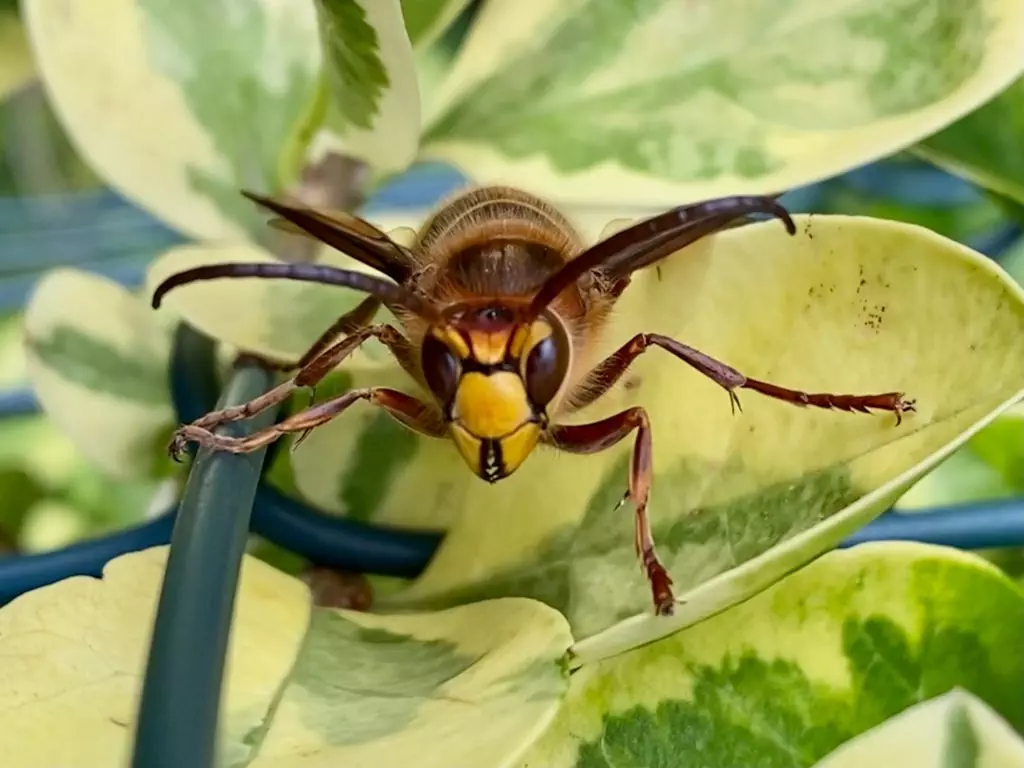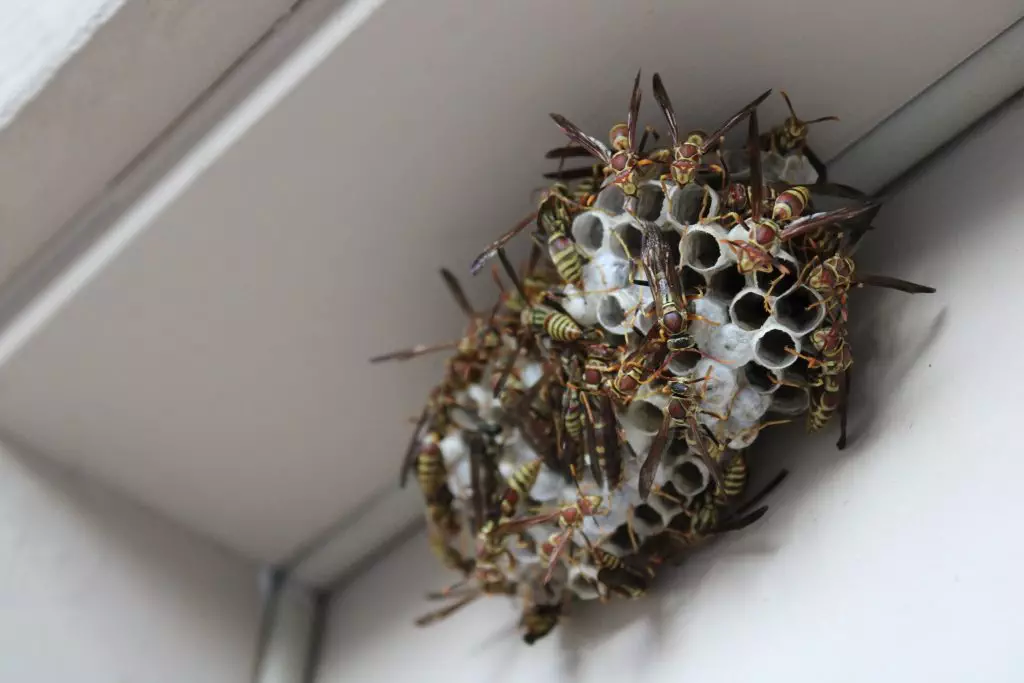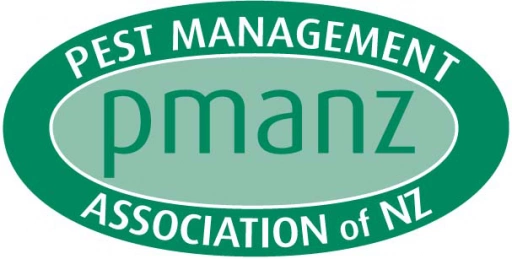You’re enjoying a sunny afternoon with your family when you hear a menacing buzzing in your ear. Wasps have come to ruin your afternoon. Sound familiar? You’re not alone. Across New Zealand, including Auckland, this is an all too familiar experience. Not only are wasps difficult to get rid of, but they can also pose serious health hazards. According to southern cross each year two-three people per year die in New Zealand from insect stings.
If you’ve spotted a wasp buzzing around your property, it’s important to get on top of it before it becomes a serious problem.
This guide will walk you through how to get rid of wasps from your property.
Is It A Wasp or Bee?
Bees are an incredibly important part of nature, so we take a lot of care to make sure they are not mistaken for wasps. Generally, you can tell the difference between a wasp and a bee from its colour. Wasps have distinctive yellow and black bands of colour. Bees are more non-descript brown to brownish yellow colour, while our native bees tend to be black in colour.
Our best recommendation, only if you can do it safely, is to take a photo and send it to us. If you have bees, we recommend that you contact a local beekeeper in Auckland. They will try to remove the bee swarm safely without harming the bees.
Identifying The Type Of Wasp
The approach to wasp control will slightly differ depending on which wasps you are dealing with. In New Zealand we have four different species: The German, the Common, the Australian and the Asian paper wasp.
German and Common wasp:
New Zealand has some of the highest rates of German and common wasps in the world per square kilometre. The reasons for this are that they have no natural predators, and the weather conditions are often mild enough for them to survive year-round.
In fact, the largest wasp nest ever recorded was found in Waimauku (near Auckland) which was recorded at 3.75m tall and 1.7m wide. This size nest would have held over 100,000 thousand wasps.
In appearance, they have very similar characteristics with bright black and yellow stripes. Both species are aggressive towards humans and are known to rapidly sting if they feel trapped or feel you are a threat towards their nest.
Both species typically build their nest underground but are also known to build nests in roof space, wall voids and eaves.
We recommend taking extra precautions when dealing with German and Common wasps as they are typically more aggressive than the Australian or Asian paper wasps.
Australian and Asian paper wasp:
The Australian and Asian paper wasps tend to be more docile and less dangerous than the German and common wasps. They are both similar in behaviour, nest structure and size.
Australian wasps are confined to the North Island and are easily identifiable with orange and brown stripes. Asian paper wasps on the other hand are found throughout New Zealand and are often mistaken for the German or common wasp because of their yellow and black colouration.
By first identifying the type of wasp you’re dealing with, it will help you determine the best course of action for removal.
Signs Of A Wasp Infestation

Once you’ve identified the species of wasps you’re dealing with, it’s important to search for signs of where the nest may be. Common places to search are roof spaces, wall voids, eaves, trees, hedges or other shrubbery, and under compost heaps. German and common wasp nests can be hard to find as they are normally underground. One trick is to try and follow the wasp back to its nest. They will typically not fly further than 200m from its nest which can help you narrow the search area. When you find a wasp nest, keep a safe distance and avoid disturbing the nest as wasps can become aggress quickly.
How To Get Rid Of A Wasps Nest
If you have a wasp infestation on your property, a professional pest control company can safely and effectively treat the nest using specialist equipment and products. Getting rid of a wasp nest can often seem like an easy job until the aggravated wasps start swarming you. That’s why we don’t recommend that you try to sort out the problem yourself. Give A-Jet Pest Control a call so we can do the hard (and dangerous) work for you.
We need to see the nest and be able to access it safely to effectively treat it. Otherwise, we can’t guarantee the wasp nest has been saturated enough to destroy it. For safety reasons our technicians won’t climb onto your roof, go inside the ceiling cavity, or climb under the house. We use a range of specialist equipment such as extendable wands and space dusters/misters that can help us to reach hard-to-access areas where you suspect a nest may be located.
How To Prevention Wasps Nests
Prevention is the best way to avoid a wasp infestation on your property. Here are some of our top tips to help prevent wasps from setting up shop on your property:
- Seal up entry points: Wasps often enter your home through small cracks which lead inside. Seal all entry points with caulk to stop wasps from getting inside your home and having the opportunity to create a nest.
- Keep food covered: Wasps are attracted to sugary foods, such as fruit, baked goods and fizzing drinks. Avoid leaving these types of foods and drinks out in the open.
- Maintain a clean outdoor area: A messy outdoor area provides the perfect environment for wasps to set up a nest. Try to remove any clutter, debris or rubbish from your property.
- Use wasp-repellent plants. Try planting mint, basil, and geranium as they have been known to repel wasps.
- Keep vigilant: It’s impossible to completely remove wasps from your property, so keep an eye out for nests. In spring check common areas such as roof spaces, wall voids, eaves and under compost heaps for signs of new nests. As soon as you see signs of wasps creating a new nest get rid of it before it has a chance to turn into a serious problem.
- Essential oils: Certain oils such as peppermint are an effective repellent. Apply peppermint oil to places you’ve noticed wasp activity to help deter them.
Getting rid of a wasp nest can be a daunting task. If you’re dealing with a wasp infestation, give us a free call at 0800 862 538 to book a wasp nest treatment today.
Remember, wasp stings can be dangerous, especially for those who are allergic. If you or someone you know experiences a severe allergic reaction to a wasp sting, seek medical attention immediately.




